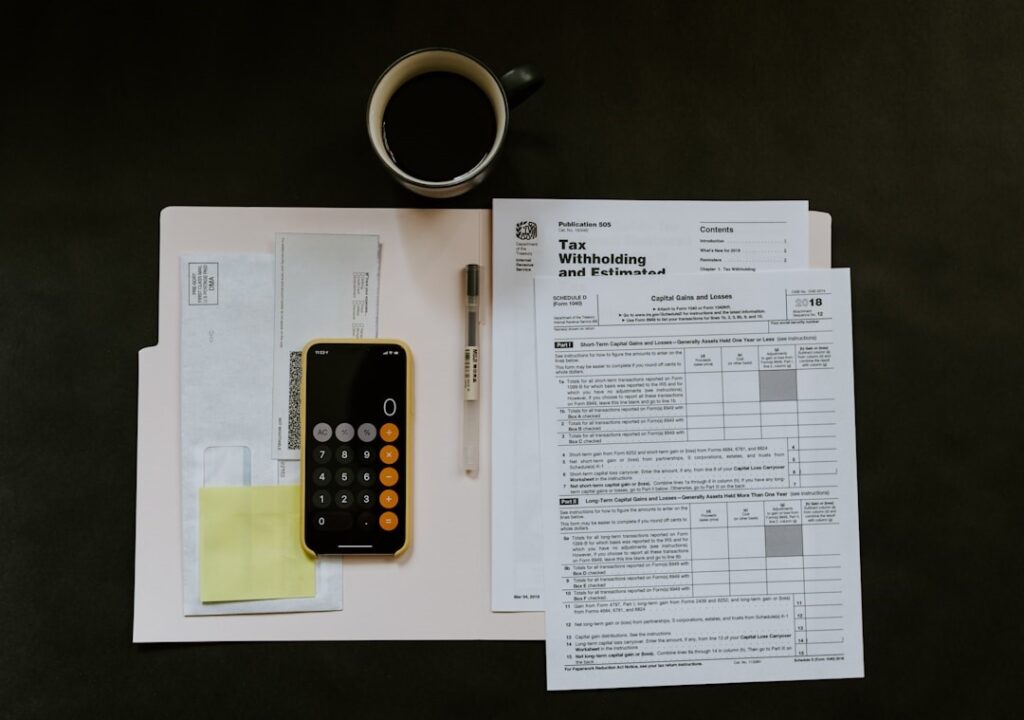The role of a Certified Public Accountant (CPA) is central to the integrity and success of the financial sector. CPAs are recognized for their expertise in auditing, tax, and financial management. They hold a prestigious position in the accounting industry, often taking on the role of trusted financial advisors for businesses and individuals alike. The journey to becoming a CPA is rigorous, requiring education, examination, and experience. In this article, we’ll guide you through the crucial steps to achieving this esteemed designation.
Understanding the CPA Designation and Its Importance in the Accounting Industry
The CPA designation is a mark of high professional standard in the accounting world. It signifies a comprehensive understanding of GAAP (Generally Accepted Accounting Principles) and a commitment to ethics within the practice. Accountants are often the gatekeepers who ensure that financial statements and tax filings are accurate and compliant with complex regulations.
A CPA license is issued at the state level in the United States, with each state having its own Board of Accountancy that regulates the profession. This licensure is essential for those who wish to practice public accounting and is highly valued even in private, managerial, or government accounting roles.
Educational Pathways: Degrees and Coursework Required for CPA Eligibility
To embark on a CPA career, one must first pursue the appropriate educational qualifications. A bachelor’s degree in accounting or a related field is foundational. However, most states require candidates to have completed 150 semester hours of college coursework—30 hours beyond the typical bachelor’s degree—before sitting for the CPA Exam.
This requirement has given rise to the popularity of five-year combined bachelor’s and master’s degree programs. Alternatively, many students opt for a master’s degree in accounting or business administration with a concentration in accounting to satisfy these additional hours.
You’ll want to look for scholarship opportunities that help you pay for your online courses. High school scholarships are a great way to fund your education, and you can find specific financial support for your field of study.
Finding the right school or program can also make a significant difference in a CPA candidate’s preparation. Resources on how to become a CPA provide invaluable guidance in mapping out the educational journey toward certification.
Navigating the CPA Exam: Preparation Strategies and Exam Components
The CPA Exam is a comprehensive test that assesses a candidate’s knowledge and skills in accounting. It’s divided into four sections: Auditing and Attestation (AUD), Business Environment and Concepts (BEC), Financial Accounting and Reporting (FAR), and Regulation (REG). Each section requires a deep understanding of specific sub-disciplines within accounting.
Successful exam preparation often includes a blend of structured study programs, rigorous practice tests, and a disciplined study schedule. Candidates typically spend hundreds of hours studying for each section. Review courses and study materials specifically designed for the CPA Exam can be particularly beneficial.
Gaining Relevant Work Experience for CPA Certification
Passing the CPA Exam is just one component in the journey to becoming a CPA; gaining relevant work experience is another critical step. Most states require candidates to have one to two years of accounting experience under the supervision of a licensed CPA. This experience ensures that technical knowledge is applied in practical, real-world situations.
The role of mentorship during this phase is vital. Working with an experienced CPA allows candidates to witness firsthand the ethical and professional standards required in the field. They gain insights into practical applications of accounting principles, managerial skills, and client relations that are not taught in classrooms.
Maintaining CPA Certification: Continuing Education and Ethics Requirements
Once the CPA designation is earned, maintaining it requires an ongoing commitment to professional development. CPAs are obligated to adhere to continuing education requirements, typically mandated by state accountancy boards. These requirements are in place to ensure that CPAs remain proficient in their field, with updated knowledge on laws, regulations, and industry practices.
Continuing education may encompass a variety of formats, including seminars, webinars, conferences, and self-study courses. Many professional organizations offer continuing professional education (CPE) credits for participation in learning events relevant to accounting and finance.
Overall, the pursuit of a CPA designation is a journey of personal and professional growth. A commitment to education, successful navigation of the CPA exam, practical experience, and continuous learning are the pillars that support this prestigious career path. For individuals ready to embark on this fulfilling path, understanding the steps to CPA certification can unlock a world of opportunity in the accounting industry.


You can also stay updated by subscribing to iTechCode.